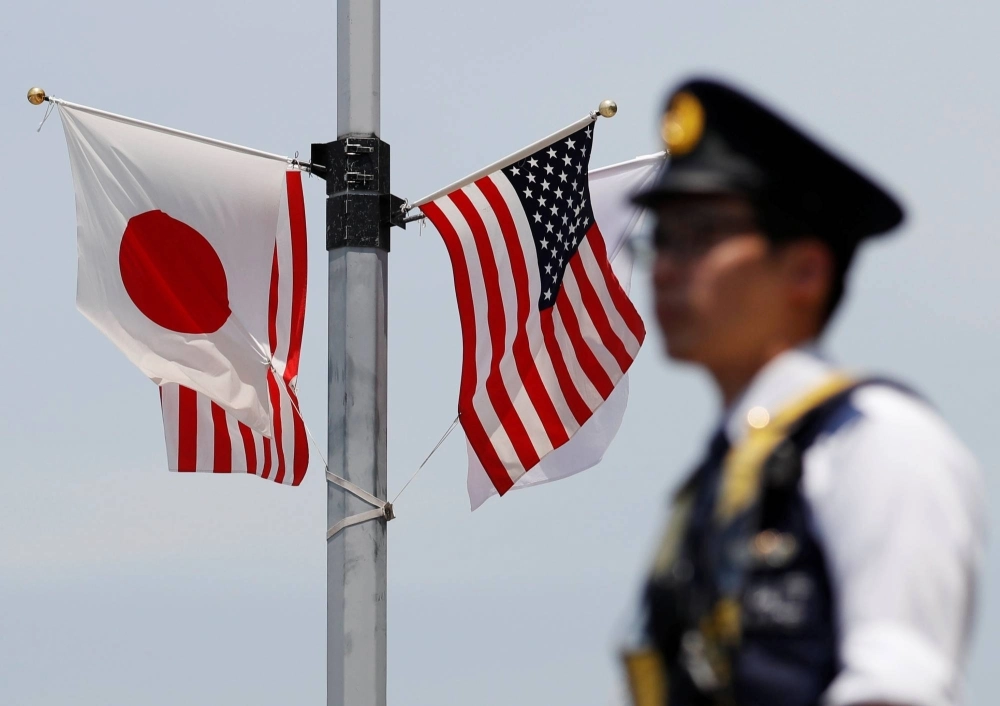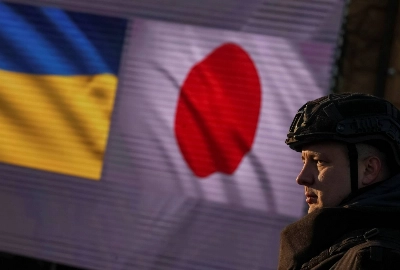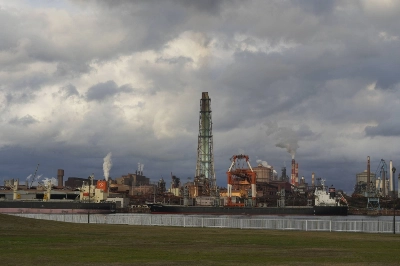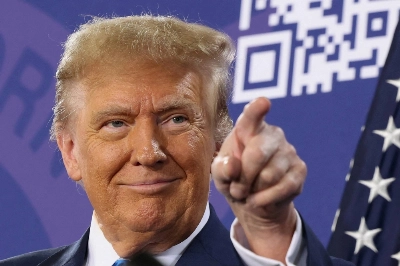Japan need not worry about a major shake-up in its alliance with the United States if former U.S. President Donald Trump is returned to the White House in November, a former senior official in the Trump administration said Wednesday, amid concerns that Tokyo may be in a tougher spot than prior to his first term.
“My hope is should President Trump return to office ... I have every reason to believe that the same fundamental principles that guided his leadership from 2017 to 2021 will guide his leadership again," Alexander B. Gray, a former deputy assistant to the president and chief of staff of the White House National Security Council, told a news conference in Tokyo.
“This is a very different effort than 2016,” Gray said, claiming that Trump had been a political novice after his election that year, and was still finding his footing.





















With your current subscription plan you can comment on stories. However, before writing your first comment, please create a display name in the Profile section of your subscriber account page.